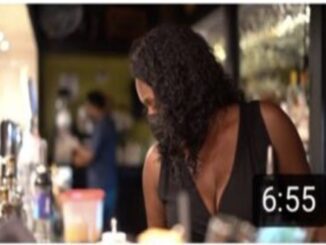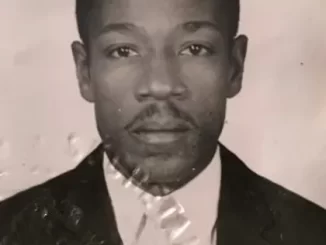
During the COVID-19 Pandemic I felt it imperative to play a greater role in highlighting and providing support to small to medium sized businesses in danger of shutting down for good. There are only a few Black Owned business in Boston and so I began reporting on their situation and struggles with high hopes that anyone listening or following me would also play their part to lend a helping hand!
CEO/President of Rise Celestial Studios, Ralph A. World shares his thoughts on Black Owned Businesses both in history and current day.
The U.S. is home to roughly 2.5 million Black-owned businesses, according to the Census Bureau. Although the vast majority are sole proprietorships or small-scale affairs, an increasing number have regional reach and national ambitions.
“Local favorites like Daryl’s Kitchen & Bar and Soliel Kitchen in Nubian Square are spots many often frequent when the hardships of a 9-5 workload got overwhelming. Some good southern comfort food will always help you get on with your day. But this isn’t just about local establishments but about black owned business nationwide.


African Americans have operated virtually every kind of company, but some of the most prominent Black-owned businesses have been insurance companies, banks, recording labels, funeral parlors, barber shops, beauty salons, restaurants, soul food restaurants, record stores, and bookstores.
I never take the title of CEO & President of a Black Owned Business lightly. I hold it as a badge of honor and a daily sense of homage to those who advocated for the right for me to be my own boss and take destiny into my own hands in my pursuit of the American dream.

“I also am well aware of those who risked their life to be able to own their own business during a time where people of color were butchered and strung up for sport. The idea of starting a business and making money on your own terms as a black person was not well received and there is no greater example of the cost and risk black people took on than that of the events that transpired in Tusla, Oklahoma. A thriving and bustling black wallstreet was burnt to the ground along with the dreams and lives that made it all possible.”
The Tulsa race massacre (known alternatively as the Tulsa race riot, the Greenwood Massacre, the Black Wall Street Massacre, the Tulsa pogrom, or the Tulsa Massacre) took place on May 31 and June 1, 1921, when mobs of white residents, many of them deputized and given weapons by city officials, attacked black residents and businesses of the Greenwood District in Tulsa, Oklahoma. It has been called “the single worst incident of racial violence in American history. The attack, carried out on the ground and from private aircraft, destroyed more than 35 square blocks of the district—at that time the wealthiest black community in the United States, known as “Black Wall Street.
More than 800 people were admitted to hospitals, and as many as 6,000 black residents were interned in large facilities, many of them for several days. The Oklahoma Bureau of Vital Statistics officially recorded 36 dead. A 2001 state commission examination of events was able to confirm 39 dead, 26 black and 13 white, based on contemporary autopsy reports, death certificates and other records. The commission gave several estimates ranging from 75 to 300 dead.
Black Owned Businesses have a history cemented with both great milestones and unfathomable hardships. Now more than ever it is imperative to take a look at what we’ve been through and where we are going.





Be the first to comment